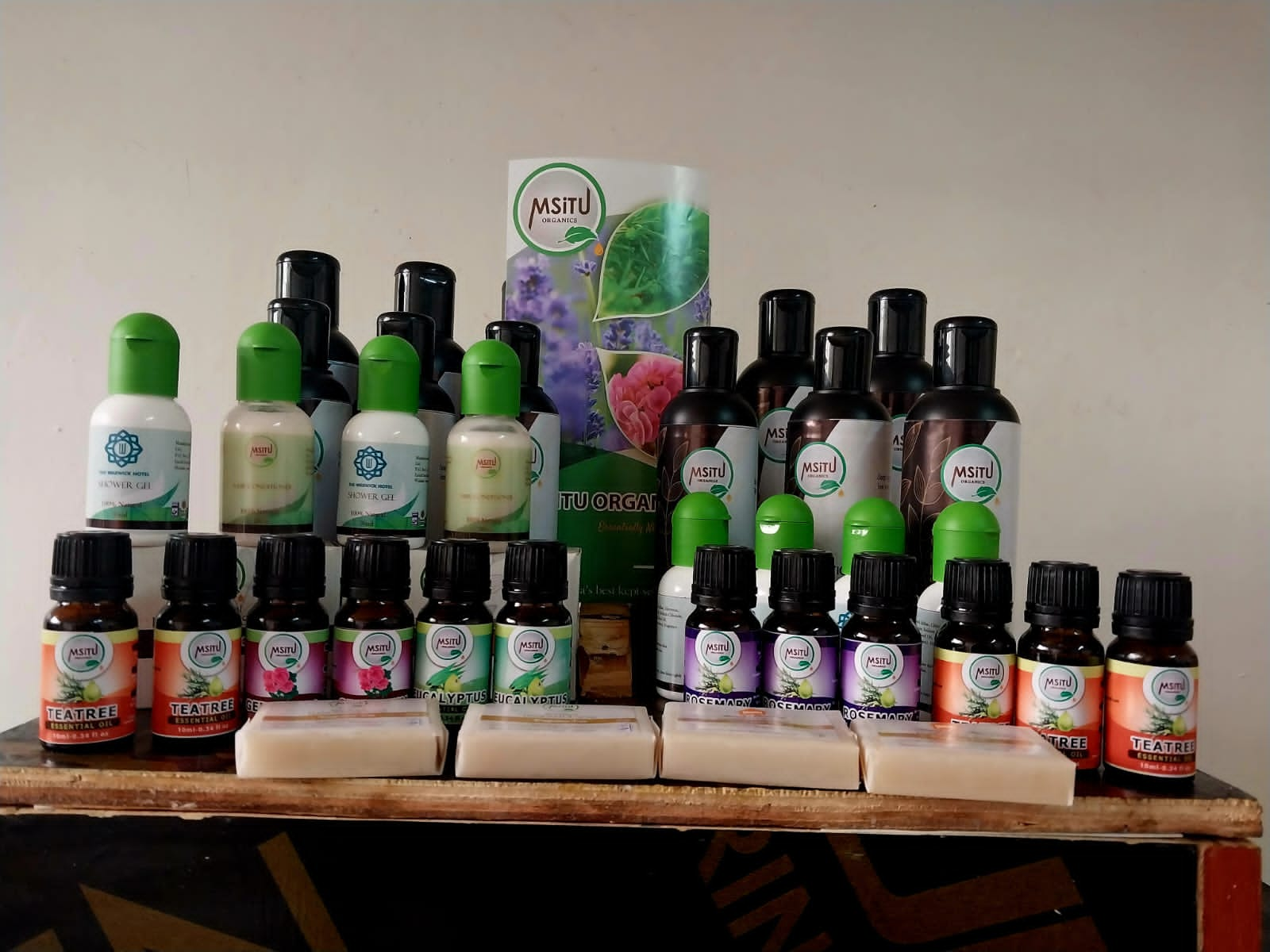Restoring Forests, Transforming Lives: How Essential Oils Are Empowering Communities in Mt. Kenya
2024 LOCAL ADAPTATION CHAMPIONS AWARD NOMINEE
The Mount Kenya region, home to lush forests and a vibrant ecosystem, is increasingly threatened by the twin pressures of climate change and deforestation. Rising temperatures, prolonged droughts, and unpredictable rainfall patterns have led to devastating crop failures, leaving local communities, particularly smallholder farmers, struggling to sustain their livelihoods. Illegal logging and unsustainable land use practices have further degraded these forests, heightening the vulnerability of the region’s people to climate-related shocks.
A Nature-Based Solution Driven by Local Communities
In response, Horizon Business Ventures Limited (HBV), an essential oil producer, has taken a groundbreaking approach to tackle these issues head-on. By leveraging the potential of native plants and community stewardship, the company has created a sustainable value chain that combines environmental restoration with economic empowerment. HBV sources raw materials—seeds, nuts, and leaves—from community-preserved forests and farming landscapes in Mount Kenya, working closely with local groups, 70% of which are led by women. HBV then use these raw materials to produce essential oils, primarily for use in the skincare industry.
Local people are at the heart of the initiative, using their deep knowledge of native plants to identify the species with the most oil-bearing potential.
“By tapping into indigenous knowledge and sustainable harvesting practices, we’ve not only created a product for the global skincare market, but we’ve also empowered communities to become the protectors of their environment,” says Bernard Muchiri, director of HBV. “Our model allows people to earn a climate-resilient income, while contributing to the conservation of forests they’ve lived alongside for generations.”
Gerranium biomass being loaded for distillation
Empowering Women and Youth through Forest-Based Livelihoods
HBV’s project stands out for its focus on marginalized groups, particularly women and youth, who are often left out of economic opportunities. By establishing contractual agreements with women and youth for the purchase of raw materials, HBV provides a reliable source of income and economic stability, fostering empowerment and skill development among these groups. These local suppliers are not burdened by having to grow specific cash crops which are often vulnerable to extreme weather, instead they supply a wide diversity of climate-resilient raw materials that HBV then processes.
Harvesting Eucalyptus leaves for essential oil production
The company collaborates with 14 community groups, engaging 920 households in the collection of non-wood forest products (NWFPs). Apart from collecting NWFPs from the forest, the project supports farmers to transition a portion of their farm to indigenous, drought-resilient native trees, shrubs and herbs. This diversification makes them less vulnerable to crop failure, providing a stable and climate-resilient livelihood. HBV also engages in capacity building for farmers through workshops and trainings around sustainable harvesting and business skills.

Essential oils and related products produced by HBV
Scaling Impact: From Conservation to Economic Growth
Since its inception, HBV’s project has had a transformative impact on both the environment and local livelihoods. The project covers 13,900 hectares of forest, and thanks to the collective efforts of the community, illegal logging has been reduced by 60%. Additionally, 163,000 native trees have been planted on farms, further bolstering climate resilience and enhancing biodiversity in the region.
The project currently employs 18 regular staff members in the processing facility and directly engages 750 community members in the value chain, including 388 women and 250 youth. These efforts have provided critical income during lean agricultural periods, ensuring that families have access to food, education, and healthcare. With a projected revenue of USD 300,000 by 2025, HBV’s initiative is poised for significant growth.
The potential for scaling the project is immense. As global demand for sustainably sourced essential oils continues to rise—estimated to reach $11.22 billion by 2025—HBV plans to expand its operations, benefiting between 500 and 5,000 more people in the coming years. “This project is about more than just producing oils,” says Muchiri. “It’s about creating resilient livelihoods, protecting our forests, and showing the world that market-driven conservation is not only possible—it’s necessary.”